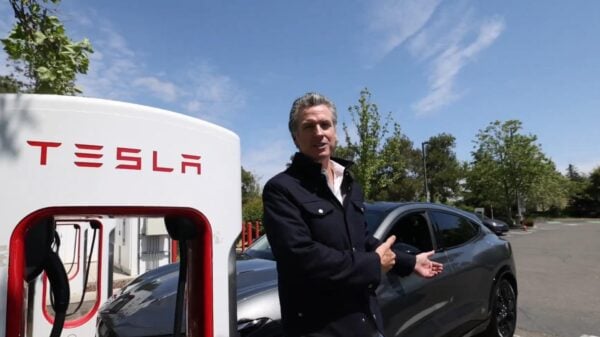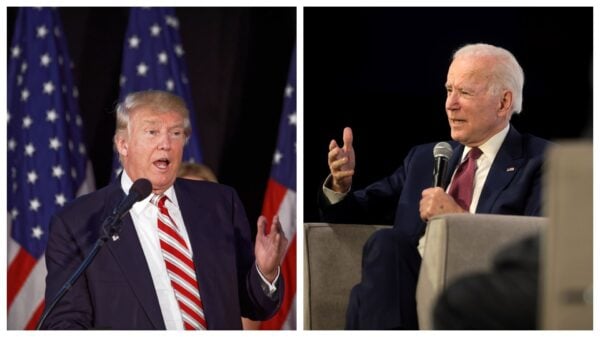To micromanage, or not to micromanage — this seems to be the question of many large-scale employers and managers, especially with the dynamism that the COVID-19 pandemic introduced to the workforce.
Bill Gates was a known micromanager, taking extra precautions to keep tabs on his employees in the early days of Microsoft. Here’s how that fared for the modern-day tech giant.
According to Yahoo Finance, Microsoft made second in the “Best Employers of 2023″ list from Forbes. The enterprise is well-known for their commitment to remote work, parental leave, family support, and talent development, among other focuses.
Many believe that Microsoft reached such a high level of success due to the legwork that founder Bill Gates put in during its 1970s launch phase. A large portion of Bill’s time, at that time, was spent micromanaging employees — with the tech giant even going so far as to memorize his employees’ license plates to monitor their comings and goings.
The intense scrutiny didn’t stop after the work week ended, either. Yahoo Finance notes that Bill Gates would continue the practice through the weekend, assessing which employees showed commitment by coming in on the off-hours.
Paul Allen, co-founder of Microsoft, was quoted telling Vanity Fair that “[Bill Gates] was growing into the taskmaster who would prowl the parking lot on weekends to see who’d made it in [early on].” His comment suggested that this wasn’t just a once-off pattern that he’d see during a sprint or critical period; instead making it seem as if the practice was aligned with Bill’s intense personality.
While that may have been seen as admirable and productive during the previous decades, this style of management would likely come under fire today. Many members of Generation Z have been embracing more relaxed work trends, including the “lazy girl job” and “quiet quitting.”
The dichotomy that’s witnessed across many in the office that bridge the generational gaps has brought a single, burning question to the forefront of the global workforce: Is this level of strict management required for objective success, or is it simply a resentment-inducing roadblock?
Who else has micromanaged their way to the top?
Bill Gates isn’t the only successful entrepreneur in recent history who was a known micromanager. Yahoo Finance names several in their mega-list, including Steve Jobs, Elon Musk, and Jeffrey Bezos, respectively.
Steve Jobs was known for his harsh behavior with employees, showing up in controlling behavioral patterns and high expectations. Elon Musk’s sudden firings, threats, and weekend all-hands meetings made headlines, Jeffrey Bezos forced his drivers to pee in bottles instead of bathrooms and is now being sued for it.
Is micromanagement the key to success?
Perhaps a certain level of drive is needed for success — and there is an equal possibility that there’s a better, more people-first way to approach business growth at the corporate, enterprise, and small-business/startup levels.

















